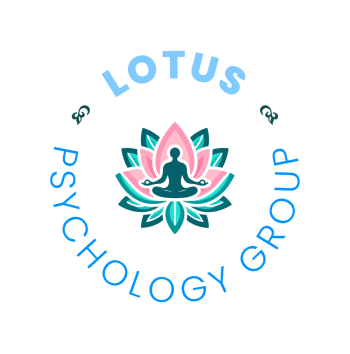Attention-deficit/hyperactivity disorder (ADHD) is a neurodevelopmental condition that causes a wide range of effects. If you or your child have recently been diagnosed with ADHD, you may have some questions. In this blog, you can get the answers to frequently asked questions about ADHD.
Does ADHD Only Impact Kids?
Not at all. While ADHD is often diagnosed in children, this neurodevelopmental condition continues through the teen and adult years. ADHD impacts the ability to manage executive functions. The executive functions are things like impulse control, focus, task prioritization, time management, and emotional regulation. In childhood, ADHD may present as a child who can’t sit still, struggles in school, interrupts or talks over others, and struggles to take turns. For adults, symptoms can be more subtle. Adults may experience things like difficulty finishing projects, remembering dates, or keeping track of responsibilities.
How Is ADHD Diagnosed?
ADHD is diagnosed through a personalized battery of tests that is designed for the individual based on their age, symptoms, and a variety of other factors. Diagnostic testing for ADHD includes a variety of different assessment approaches including:
- Paper or computer-based tests
- Clinical interviewing
- Rating scales completed by the patient and/or loved ones
- Observations in classrooms or other settings
Is Medication the Only Treatment Option for ADHD?
Medications, like stimulants, are often prescribed for ADHD. However, these treatments don’t work for all people, and for others, stimulants can have negative side effects like increased heart rate and blood pressure that are undesirable. Other medications like antidepressants or antianxiety drugs may be prescribed as well. While these medications may be helpful for some, others experience little to no change. The medication plan for ADHD should be personalized to address the individual’s unique needs, and it should be monitored and adjusted to ensure maximum benefit and minimize any adverse side effects. In many cases, medication isn’t needed at all. Instead, a combination of therapy, changes in daily life, and support from loved ones can improve daily function without medications.
Does ADHD Cause Other Conditions?
While ADHD may not cause other conditions, it is often linked to a range of other concerns, including:
- Low self-esteem
- Anxiety
- Depression
- Chronic stress
- Poor anger management
- Sleep issues
- Disordered eating
- Substance use disorders
Is Therapy an effective Support Option for ADHD?
Therapy can be beneficial for many people who are struggling with the adverse effects of ADHD, including difficulty managing time, low self-esteem, elevated stress, anxiety, and general challenges with navigating daily life. A therapist can help you develop coping strategies to improve problem solving skills, decrease the emotional effects of ADHD, and generally improve stability and satisfaction in daily life.
How Do I Schedule an Appointment?
If you’re struggling with ADHD or cooccurring conditions like anxiety and depression, therapy can be an important support resource to make day-to-day life more manageable. If you’re ready to schedule a therapy session, the knowledgeable Lotus Psychology Group team is here to talk. You can get started by calling (248) 957-8973, emailing our admin team at info@lotuspsychgroup.com, or taking a few moments to complete our contact form.


